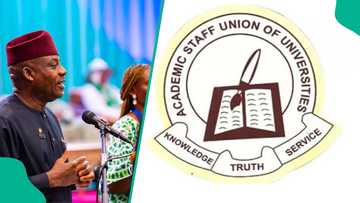Is Education Now Entirely Free in Government-Owned Schools in Nigeria? Fact Emerges
- A recent claim on X that education is free at all levels in Nigeria has sparked widespread debate amid rising school-related expenses
- Parents and students have taken to social media to protest tuition hikes and hidden fees in public institutions
- Verification shows that while tuition may be waived in federal schools, families still bear significant costs for other essential services
An X user, @TemidayoOniosun, recently stirred online debate after asserting that primary, secondary, and tertiary education in Nigeria is free.
The statement, posted in response to a tweet highlighting the financial struggles of a family with five school-aged children, read: “Primary, Secondary, and Tertiary Education is still FREE in Nigeria. If you cannot afford private education, go to public schools.”
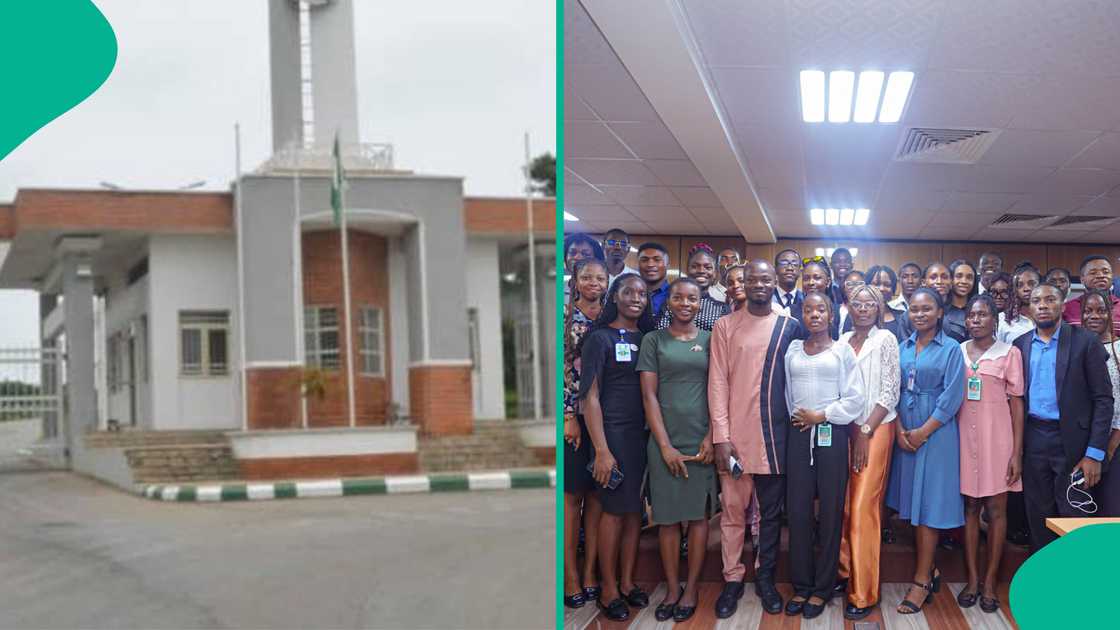
Source: Twitter
Temidayo’s comment came as schools across Nigeria resumed on 15 September following the long vacation. Parents flooded social media with complaints about the rising cost of school fees, textbooks, and other essentials required for the new academic session.
Tuition hikes in Nigerian universities raise concerns
The conversation around education affordability intensified as tertiary institutions, including the University of Ilorin (UNILORIN), faced backlash over increased tuition fees. One user, @theiyanuoluwa__, remarked, “UNILORIN don Dey turn private-federal university. The tuition fee increase is crazy, mehn.”
Another, @Uilgist, claimed, “BREAKING! UNILORIN students break down in tears for the risk of being a dropout over the outrageous hike in school fees payment. Returning students are paying over 200k while the final year students are paying over 100k.”
In a related development, the Student Union Government of the University of Benin addressed a viral claim that over 5,000 students who had not paid their fees would be barred from sitting examinations.
Public reaction to free education claim
Temidayo’s assertion that education is free at all levels in Nigeria was met with scepticism. Several users responded by sharing personal experiences that contradicted the claim, particularly regarding hidden costs in public schools.
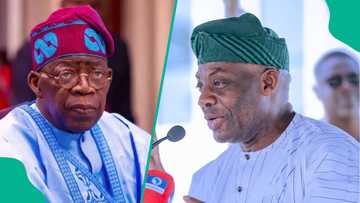
Read also
Ex-principals break silence after FG removed mathematics as compulsory subject for admission
Speaking with Legit.ng, Imaan Muhammad, an educationist based in Nigeria, commented on purported free public schools in Nigeria:
“We all know that while tuition may be waived in federal schools, families still pay heavily for registration, accommodation, and other hidden fees. True access requires more than waived tuition, parents should be able to feel truly relieved of mounting responsibilities.”
The issue of access to education remains a pressing concern in Nigeria. A UNICEF report revealed that the country has approximately 18 million out-of-school children, underscoring the challenges many families face in securing education for their children.
Verification: Is education truly free in Nigeria?
Fact-checking platform DUBAWA investigated the claim to determine its accuracy. A keyword search revealed a 2023 statement from the Nigerian presidency confirming that tuition remains free in all Federal Universities.
However, the government clarified that what is often perceived as tuition fees are actually charges for services such as laboratory use, registration, and hostel accommodation.
Despite being labelled “optional,” these fees are typically mandatory, with universities categorising them as ‘obligatory fees.’
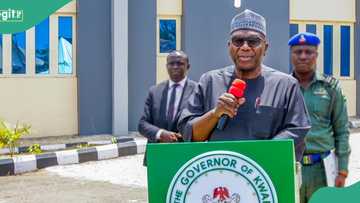
Read also
ASUU strike: Kwara governor under fire over KWASU funding, staff claim no subvention since 2023
The presidency’s statement only addressed Federal Government-owned universities, leaving out state-owned institutions, which continue to charge tuition.
Further checks revealed that students in government-owned schools still pay various compulsory fees.
For example, while Federal Government Colleges offer tuition-free education, students must cover costs for uniforms, textbooks, medical fees, and utilities. In 2023, fees for new boarding students in these colleges rose from N45,000 to N100,000.
Federal Technical Colleges have been declared tuition-free, with the government pledging to cover additional costs previously borne by parents. Nonetheless, boarding students are still required to bring essential items for their stay.
At the primary level, tuition in government-owned schools is free, but parents are expected to pay levies such as Parent-Teacher Association (PTA) fees, development charges, and costs for school uniforms.
These expenses form part of the broader category of school fees, which encompass all charges necessary for accessing school facilities and services.
In tertiary institutions, students must pay acceptance fees before their admission is confirmed. Failure to meet payment deadlines can result in penalties or loss of admission.
While federal universities are relatively affordable compared to international standards, Nigeria’s education sector remains underfunded. The 2025 budget allocated only 6.4% of the revised N54.99 trillion to education, down from 8.21% in 2024.
State universities, polytechnics, and colleges of education continue to charge tuition, with fees varying based on residency status.
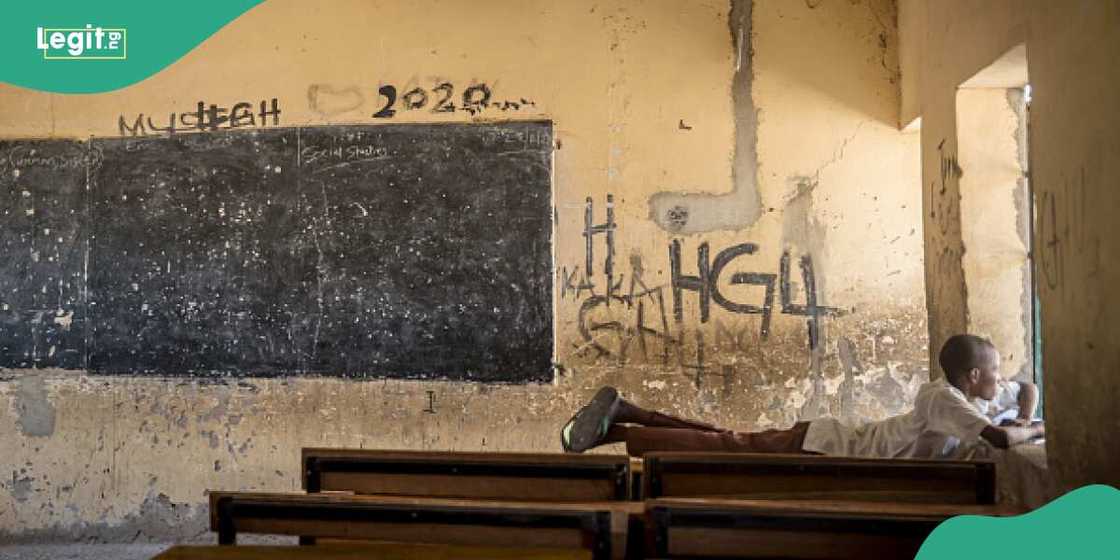
Source: Getty Images
Conclusion
The claim that education is free at all levels in Nigeria has been found to be misleading. While tuition may be waived in federal institutions, students are still required to pay for other essential services.
The cost of education in public schools is subsidised, but not entirely free, making affordability a persistent challenge for many Nigerian families.
FG clarifies claims that JAMB is no longer required
Legit.ng earlier reported that the Federal Ministry of Education has issued a strong rebuttal to a misleading publication circulating across newspapers and online platforms, which falsely claimed that the Joint Admissions and Matriculation Board (JAMB) is no longer required for admission into tertiary institutions in Nigeria.
In a formal statement released by the Ministry, the minister of Education, Dr. Maruf Tunji Alausa CON, categorically dismissed the report as “false, baseless, and did not originate from the Federal Ministry of Education.”
Source: Legit.ng


